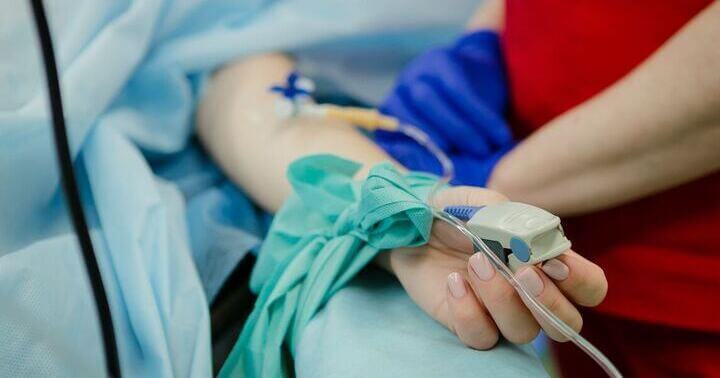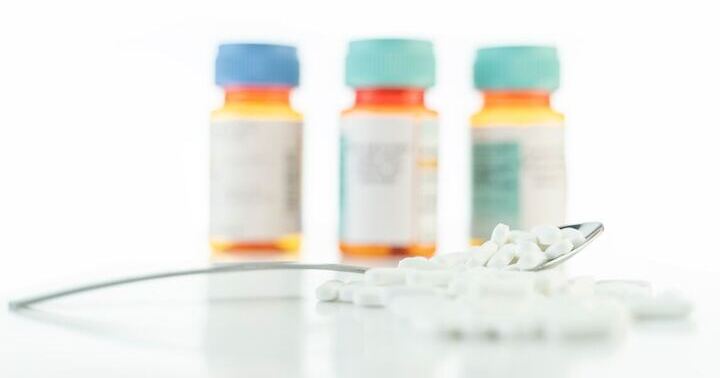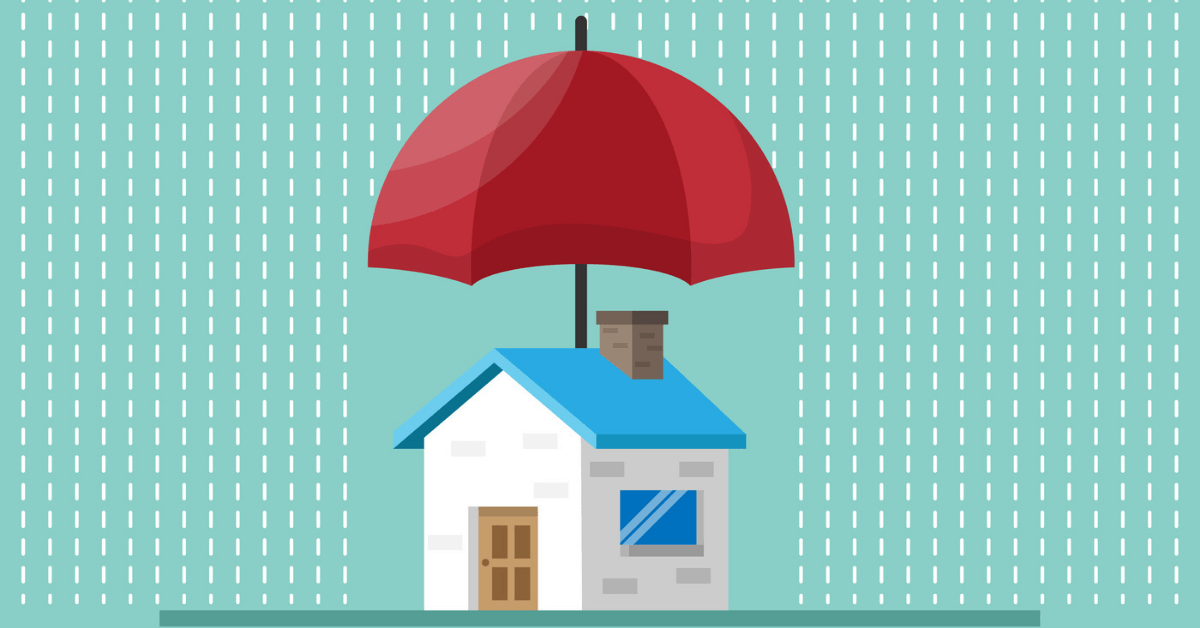There’s a joke people tell, about how every little ailment starts to look like cancer when you’ve googled too much (or bing’d, whichever your fancy). It takes a morbid sense of humor to appreciate, and it’s not too hard to see why. Each year sees an increase in number of cancer diagnoses, and the disease now claims the lives of more Singaporeans than any other illness. It’s okay to be afraid. And yet – while cancer seems often like an insidious, overwhelming ghost of a disease, you are not as powerless against it as you think. As with all things health-related, your lifestyle plays an important role in prevention. Here’s some precious hope against the 5 most common cancers in Singapore.
What is cancer?

Your fight for better health includes understanding disease, so here’s a quick crash course on cancer. You’ve probably come across associations between cancer and tumors. Tumors occur when the DNA in normal cells becomes damaged (mutated) at the areas that regulate cell reproduction. These mutants reproduce uncontrollably while drawing on the body’s nutrients, and can eventually spread to other parts of the body (metastasis). Cancerous (malignant) tumors are distinct from benign tumors, which do not spread. Humans are susceptible to over 100 types of cancer. Put on the spot, we’re sure we can’t even name 50 of the affected organs.
Singapore’s most common cancers

Given the differences in physiology, men and women are at differential risk of contracting different types of cancer. In Singapore, the most common cancers in men are:
- Colorectal (17%)
- Lung (14%)
- Prostate (14%)
- Liver (8%)
- Lymphoid neoplasms (7%)
For women in Singapore, the statistics indicate the following order:
- Breast (29%)
- Colorectal (13%)
- Lung (8%)
- Uterus (7%)
- Ovary (5%)
These days, even by living healthy, no one is safe from cancer completely. While advancement in modern medicine can give new insights to us every day, “cancer prediction” can only give us a good guess. “Cancer prevention,” on the other hand, is a stab in the dark at best.
Dodge the clickbait and the crystal healers, and you’re left with these concrete steps, supported by years of research, that can reduce your risk of cancer considerably and increase your chances of survival.
Screening by age
Image credit: Pixalbay
As with all other illnesses, early detection of cancer is key to effective treatment. This means you should attend regular health screenings and make sure to seek medical attention should you experience abnormal symptoms such as unexplained discomfort. In general, one’s cancer risk increases with age, so your frequency of screenings should correspondingly increase. Especially if you have a family history of cancer, consult a doctor on how often you should be checked and maintain discipline with your appointments.
The most genetically dependent cancers in our list are colorectal, breast and ovarian cancers. If you have close family members who suffer from these cancers, a genetic test can help you ascertain your own risk. Breast and ovarian cancers are famously associated with mutations to the BRCA1 and BRCA2 genes – Angelina Jolie had her breasts removed after discovering she was genetically predisposed to breast cancer. But as your medical consultant will inform you, having either or both of these gene mutations does not guarantee that you will develop cancer in your lifetime. Even so, bring aware of your cancer risk can help you identify tell-tale symptoms early, which can save your life.
Reduce your exposure to cancer-causing chemicals

Ditch cigarettes: this one’s a no brainer. Of the more than 7,000 chemicals found in cigarette smoke, 250 are known to be harmful and any exposure to cigarette smoke, whether first- or second-hand, increases one’s risk of cancer. As if there weren’t enough reasons to quit smoking, a smoker’s loved ones suffer with them.
Since the 1960s and although the number of cigarettes an average smoker consumes has decreased, a smoker’s risk of lung cancer and chronic obstructive pulmonary disease (COPD) has risen, measured against non-smokers. The difference is likely associated with changes in how cigarettes are prepared today.
Besides lung cancer, smoking is linked to the following cancers:
- Oesophagus
- Mouth
- Larynx
- Throat
- Kidney
- Bladder
- Liver
- Pancreas
- Stomach
- Cervix
- Colorectal
- Acute myeloid leukaemia
Where cancer prevention goes, giving up smoking is one way, at least, that you can significantly lower your risk.
Does your work expose you to strong chemicals on a regular basis? Exposure to certain chemicals may entail higher risk of cancer, so it’s important to heed all safety recommendations in hazardous environments, such as by wearing protective equipment to avoid prolonged exposure to toxic substances.
Cancer coverage goes beyond physical protective gear – wait till you have us in your corner. Not sure how much coverage you need against disease? Check out this useful calculator.
Maintain a healthy weight

A large risk factor all cancers on our list have in common is obesity, more specifically an unhealthily high BMI and excess fat around the waist. Women who gain a significant amount of weight after menopause especially are at high risk of certain cancers, particularly ovarian and breast cancer. Being overweight also increases one’s risk of colorectal cancer, especially for men. And cancer is only one of the potential ailments that come with being overweight.
Maintaining a healthy weight is a very attainable goal by staying active and eating right. Whatever your occupation, there’s always time to exercise. The local Health Promotion Board frequently organises conveniently located group workouts catered to the busy, with a good variety of genres that include Zumba, K-Pop and yoga. There’s something for everyone!
Change your diet

On the topic of a healthy lifestyle, a more mindful diet can also lower your cancer risk. Medical authorities recommend consuming less animal fat such as in meat and dairy, and incorporating more fruits and vegetables into your diet. Consuming more fruits and vegetables and less animal products can also reduce your levels of unhealthy cholesterol, which in turn reduces your risk of cardiovascular disease.
Gentlemen, you’ll be relieved to know that your risk of prostate cancer responds well to your diet. Among the chemicals known to reduce your risk of prostate cancer is lycopene, an antioxidant found in red fruits and vegetables such as pink guava, cooked tomatoes (in which the chemical occurs twice as much as raw), watermelon and grapefruit. Green tea has also been found to have potential anti-cancer properties.
Meanwhile, coffee contains the chemicals, cafestol and kahweol, that are known to reduce risk of prostate cancer. Research shows that drinking 3 to 4 cups of coffee a day best lowers your cancer risk, but warns that a high caffeine intake can come with other health problems, most notably cardiovascular. If you’d like to take the risk, it might be helpful to know that boiled coffee contains significantly more cafestol and kahweol than coffee prepared otherwise, such as by filter.
Limit your alcohol intake

We hate to be the bad guy, but knowing is always best. Consuming alcohol is linked to your cancer risk and the more you drink, the higher your risk, particularly of the following cancers:
- Mouth
- Throat
- Larynx
- Oesophagus
- Colorectal
- Liver
- Breast
While this may come to some people as an unfortunate prognosis, consuming alcohol in moderation means you can keep your lifestyle, while minimising damage to your health. For women, this means one unit of alcohol daily, and two for men.
Cancel Cancer with Tiq

The protection that your life insurance plan with a health or illness rider encompasses a long list of illnesses. But in the event of cancer, such plans or even a standalone critical illness plan may not guarantee you the quality of care you deserve. The Life Insurance Association’s 2018 Protection Gap Qualitative Study reveals that Singaporeans take for granted that the government will provide for their healthcare needs. This trust, while not unfounded, borders on complacency.
As a helpful supplement to your protection portfolio, Tiq is introducing a Cancer Insurance plan to insure you on all stages of cancer, even early stage cancer This benefit comes with no survival period, just 90 days into your policy, a diagnosis at any stage of cancer guarantees a 100% payout of your selected value, with premiums from as low as S$0.27 a day^. With Tiq’s yearly savings benefit, you will also save 6% on premiums upon policy renewal if not claims were made in the previous policy term. Receiving grim news is hard, but let your healing journey begin without financial worry. The greatest gift you can give your loved ones is peace of mind.
^Premium is based on S$50k cover for a 20-year-old, male non-smoker. Age means the age at the next birthday.
The good news
The slightest thought on evading disease usually forces an uncomfortable confrontation with mortality, but we conclude with some happy news: advancements in medical technology and cancer care mean that more people will survive cancer than ever. With solid backup, you and your loved ones will be free to live larger, knowing we’ve got your back.
[End]
Information is accurate as at 16 December 2019. This policy is underwritten by Etiqa Insurance Pte. Ltd. (Company Reg. No. 201331905K. Protected up to specified limits by SDIC. You should seek advice from a financial adviser before deciding to purchase the policy. If you choose not to seek advice, you should consider if the policy is suitable for you. As this product has no savings or investment feature, there is no cash value if the policy ends of if the policy is terminated prematurely. It is usually detrimental to replace an existing policy with a new one. A penalty may be imposed for early termination and the new plan may cost more or have less benefit at the same cost. This advertisement has not been reviewed by the Monetary Authority of Singapore.
Tiq by Etiqa Insurance Pte. Ltd.
A digital insurance channel that embraces changes to provide simple and convenient protection, Tiq’s mission is to make insurance transparent and accessible, inspiring you today to be prepared for life’s surprises and inevitabilities, while empowering you to “Live Unlimited” and take control of your tomorrow.
With a shared vision to change the paradigm of insurance and reshape customer experience, Etiqa created the strong foundation for Tiq. Because life never stops changing, Etiqa never stops progressing. A licensed life and general insurance company registered in the Republic of Singapore and regulated by the Monetary Authority of Singapore, Etiqa is governed by the Insurance Act and has been providing insurance solutions since 1961. It is 69% owned by Maybank, Southeast Asia’s fourth largest banking group, with more than 22 million customers in 20 countries; and 31% owned by Ageas, an international insurance group with 33 million customers across 16 countries.
Discover the full range of Tiq online insurance plans here.







